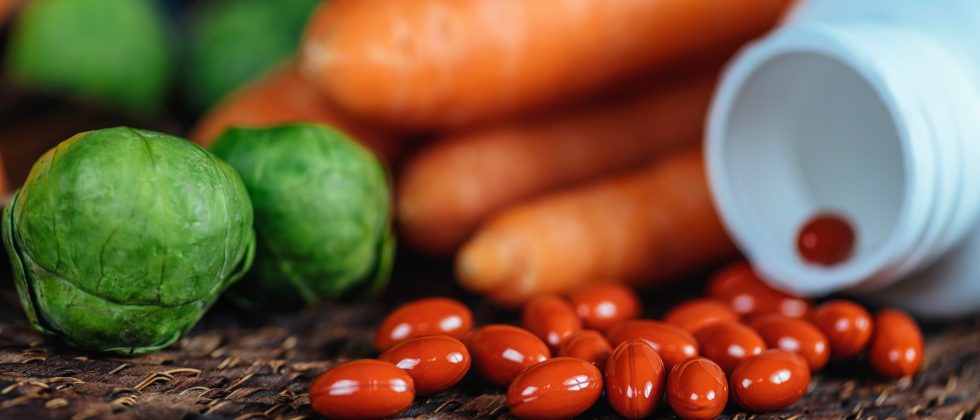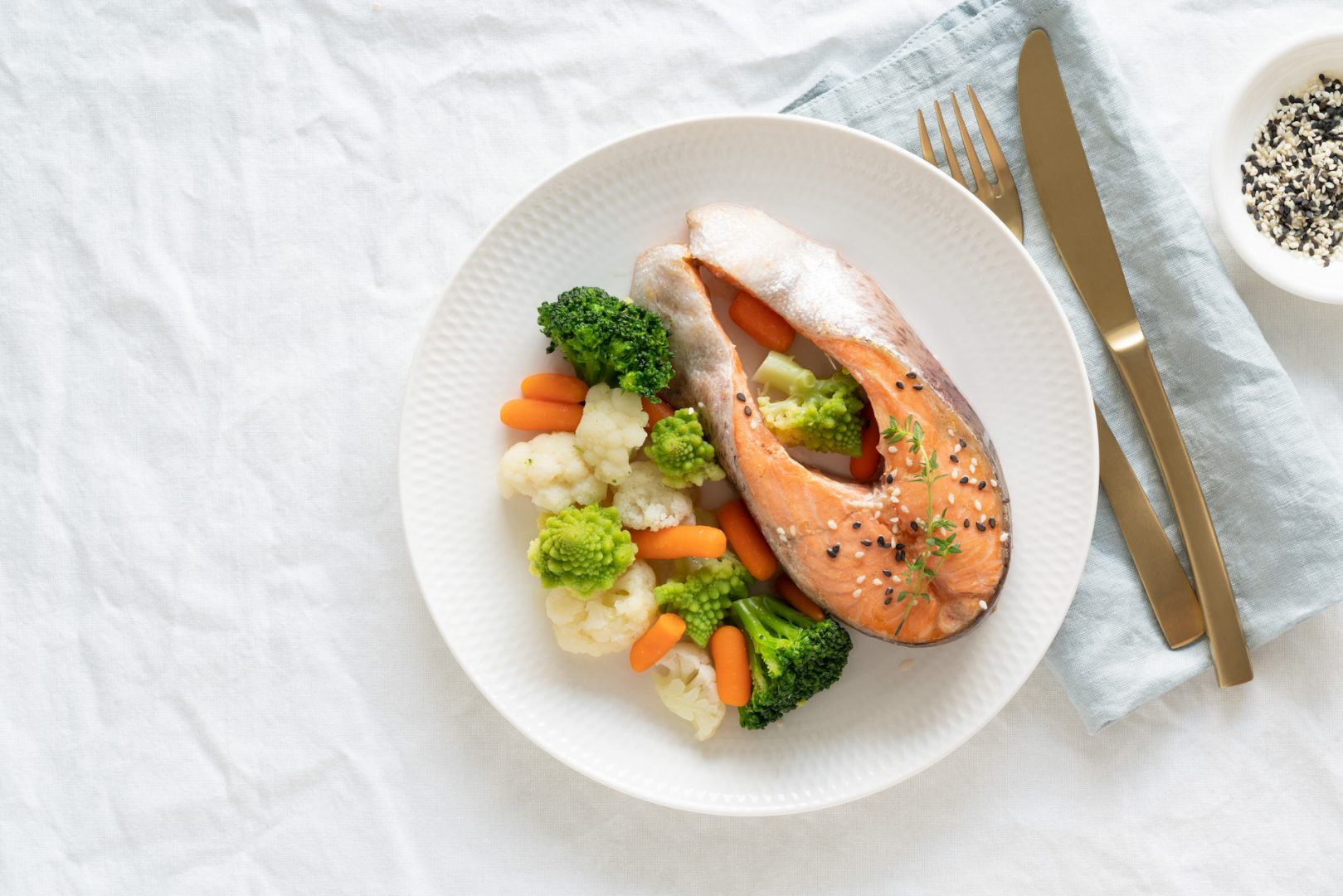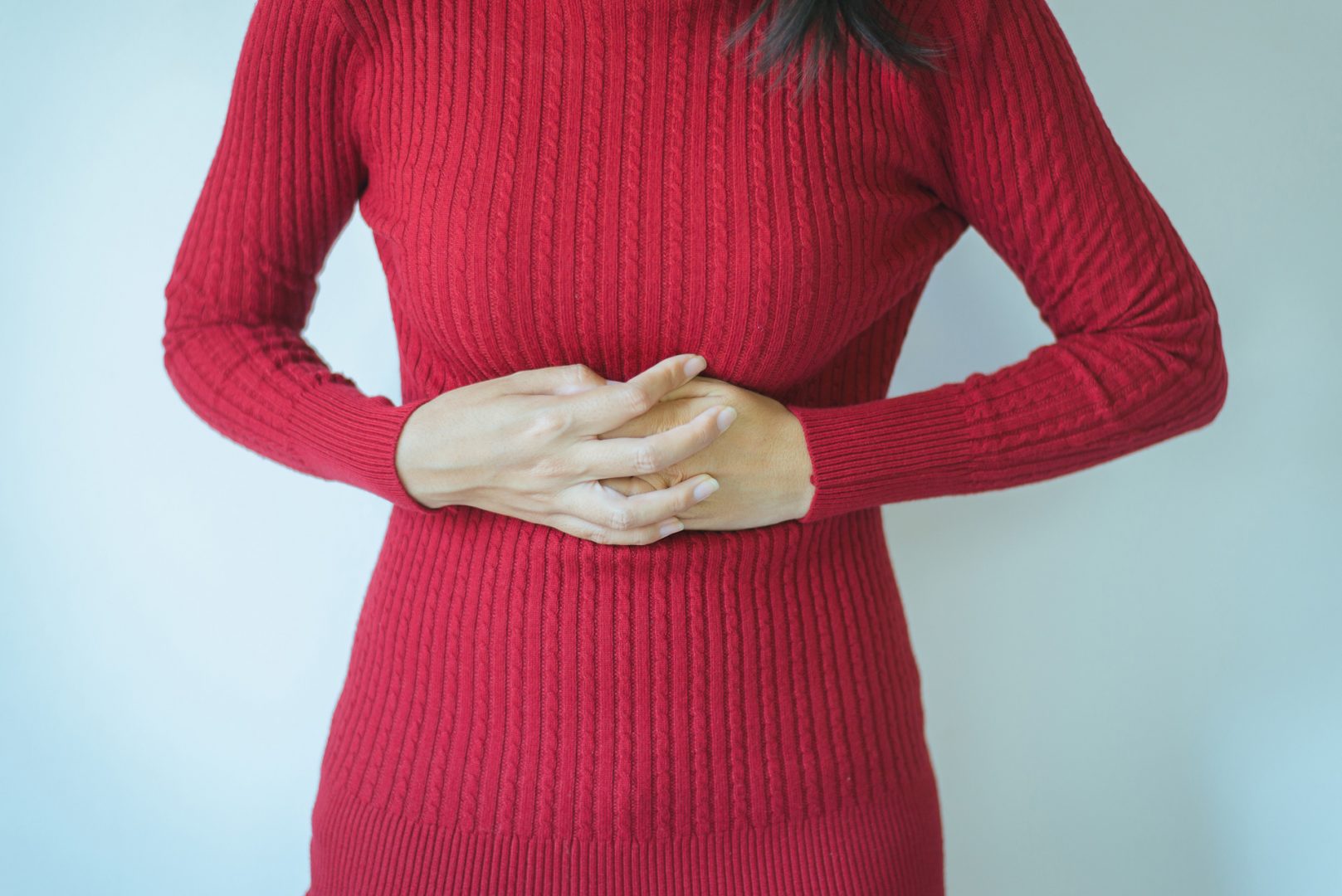Vitamins and supplements that promote fertility and pregnancy
25.6.2022 · 2 min reading
Everyone who didn't manage to get pregnant on the first, second, third or even fourth try knows how difficult this journey is. There are thankfully many treatment options today, the most simple of which is non-invasive - your diet - specifically micronutrients that your body needs to receive in food or supplement form for fertility. What nutrients are we talking about?
Folic acid – the alfa and omega of your fertility
It’s no secret that regular use of prenatal vitamins helps future mothers and babies get the necessary nutrients for a smooth pregnancy and healthy development of the baby. The alpha and omega that you have no doubt heard of is folic acid – the queen of prenatal supplements that doctors recommend supplementing before the first attempts at conception (at least three months before). It won’t only help you get pregnant, it is also taken during pregnancy to reduce the risk of neural tube defects and for the proper development of the baby’s cardiovascular system. You can get it in natural form by including leafy vegetables, asparagus, cauliflower, legumes, romaine lettuce, bananas, avocados, beets, broccoli and chicken liver in your diet, but taking at least 1 mg of a quality food supplement per day will help you make sure you’re getting enough.
Vitamin D supports male and female fertility
Vitamin D, known as the sun vitamin, is suitable for both women and men. Research has shown that it is essential for the reproductive system and its proper function, but it is also responsible for the proper function of hormones. Doctors have pointed out that up to 80% of the Czech population suffers from a deficiency – vitamin D helps women with ovulation and it has a fundamental effect on the proper immunology of conception and nesting of the embryo, while also improving the quality of sperm in men. And because many studies mention the fact that infertile couples are deficient in this vitamin, it is definitely worth focusing on its intake – either by including foods rich in vitamin D in your diet (fatty fish, butter, eggs, liver) or taking a dietary supplement, especially during periods when sunlight is scarce. How much should you take? The perfect daily dose is 1000-2000 IU.
Probiotics: healthy vital ‘germs’
Intestinal and vaginal microflora may not be the first thing that comes to mind when you think about infertility, but as recent research into these ‘healthy germs’ has shown, they are responsible for far more than we could ever imagine, (in)fertility included. These beneficial bacteria are responsible for many metabolic processes such as proper digestion, bioavailability of vitamins, regulation of the immune system and the first line of protection against pathogens. How is this related to your ability to conceive a child? These key functions affect a person’s fertility because they are responsible for the absorption of important vitamins and minerals through proper digestion, regulation of hormone levels necessary for pregnancy and protection against infections and inflammation that could endanger your pregnancy. And another equally important fact: several studies have shown that women with an optimal vaginal or uterine microflora, namely women who have enough lactobacilli, have a better chance of a successful pregnancy. You can get probiotics in every pharmacy; you can take them orally or administer them vaginally.
Coenzyme Q10 improves sperm count and increases chances of conception after the age of 40
Coenzyme Q10 is produced by the body itself, but increasing its blood levels increases your chances of getting pregnant, especially if you are undergoing IVF treatment or are over 40 years old. How so? Research has shown that regular use of coenzyme Q10 improves egg quality and strengthens the uterine lining, which is essential for embryo implantation and nesting. Doctors also recommend it for women with polycystic ovary syndrome, but men can take it too – its regular use improves sperm quality (increased sperm motility).








